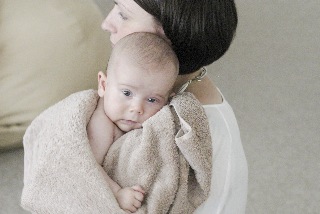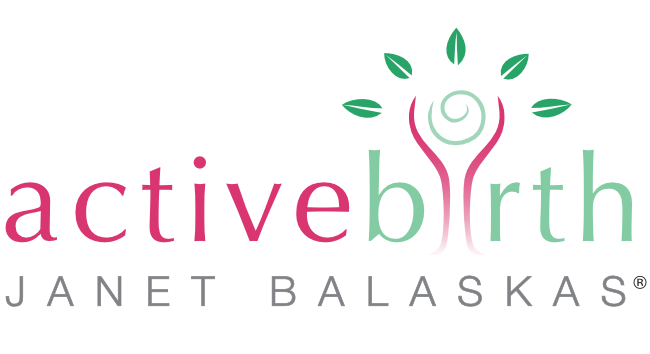
Throughout the past week there has been a lot of discussion around the wellbeing of new parents; recognition that the early months can be a challenging time which, for many, may begin during pregnancy. As a new mum you may well have found yourself saying “No-one tells you what it’s really like.”

I am writing this article in response to two key events that have highlighted this subject. The first was a new in-depth study by the Co-op and the British Red Cross, which reveals epidemic levels of loneliness and social isolation in the UK. It identifies that certain life transitions can be key triggers for loneliness, such as becoming a new mum.
Secondly, I was invited to attend, ‘The Importance of Addressing Mental Wellbeing in Every Pregnancy and Beyond’ at the House of Commons. It was organised by Consultant Obstetrician and Gynaecologist, Raja Gangopadhyay who has a special interest in Perinatal Mental Health. (PMH). You can read more here and by following #HopeDec09
This was an amazing afternoon of wonderful speakers including experts in the field of perinatal mental health (and others) who work with new mums. However, for me, the most powerful speakers were the women who bravely shared their own incredibly moving and enlightening personal experiences. One such women was Lindsay Robinson a mum and now also a PMH campaigner who has set up the website, Have you seen that girl?

Lindsay Robinson
“Being a mum isn’t always easy, whether you struggle with PND or not, but together we can support and encourage each other! Sharing stories is a great way to do that, to help each other remain positive on the tough days, and celebrating the successes we have along the way!” – Lindsay Robinson
I have been running classes for women and their partners over the last two decades. In those classes we explore the huge life transition from independent woman to becoming ‘somebody’s mum’. My objective is for all parents to become aware that, for most of us, this is a challenging transition for all kinds of reasons, however wanted their baby. Just knowing that can help. We need to be more open with women starting in their pregnancies, as this can be a time of conflicting feelings for many. If we aren’t more open then women will continue to feel that they must keep quiet, smile and say “I’m fine”, when they are not.

Lynn with playwright Helen Jeffery whose play – The Brink – is based on the writer’s first hand experience of postnatal illness.
My belief is that if parents-to-be were more aware of some of the challenges they may experience, they would be better able to deal with them. One important issue to discuss is, unlike in the films, bonding is not always immediate – especially if the birth has been challenging. It may be days or even weeks before some mothers or fathers feel that deep connection and love for their child. We need to normalise this possibility for parents and give them the support that allows them to open-up about how they are coping.
Once baby arrives, the support of society at large, should be about nurturing new parents so they can better nurture their baby. If we as a society can give support and care at this time rather than judgment, we could help a women’s ‘good hormones’ to flow. This in turn will help reduce any stress levels in her system due to a difficult birth experience and overcome struggles with feeding or feelings of loneliness in this new and demanding role.
Making space for new mothers to talk openly of their experiences and for us all to truly listen to what they are saying is how we can help women grow in confidence. In this way, they can discover their own way to mother and to become the expert of their baby, rather than feeling they need to listen to so-called ‘baby experts’. This approach allows both mother and baby to become more relaxed and it is quite magical to observe how a mother grows in confidence as she helps her baby feel more at ease.
There will be times when women need more support due to mental health issues that arise during pregnancy or after the birth. Some women may be more prone to depression and this time can act as a trigger for some. We need an environment were women can talk openly and receive good help where needed. At present, we do not have mother and baby units in all areas of the UK which means some women have to be separated from the support of their community and this is what has to change.
Let’s all be aware and remove stigma from mental health issues during pregnancy and beyond – like any other illness, we need help and support to recover well. Raja’s campaign is about highlighting this need so all mothers, wherever they live, will have the best possible support in their area. Taking care of the emotional and mental wellness of all new families will lead to a healthier, happier and more peaceful world and surely that’s what we all want?
So, whether a professional in the pre- & post-natal period, or family and friends of mums-to-be and new mums, do ask them that simple question, “How are you?”, and make the time to listen and hear their reply.

Starting now let’s do better! Let’s make our classes, breastfeeding drop-ins, clinics and friendships, places of safety, warmth and non-judgment. Spaces where women can say how they are truly feeling – whether that’s that they are happy, exhausted, aching, overwhelmed or lonely – and not feel that the correct response should be a polite. “I’m fine”, unless, of course, they really are!
Out of her experience of working with new families, Lynn launched a new training earlier this year. New Baby & Me – The Foundations of Parenting is open to all those that work with women during pregnancy and beyond.


